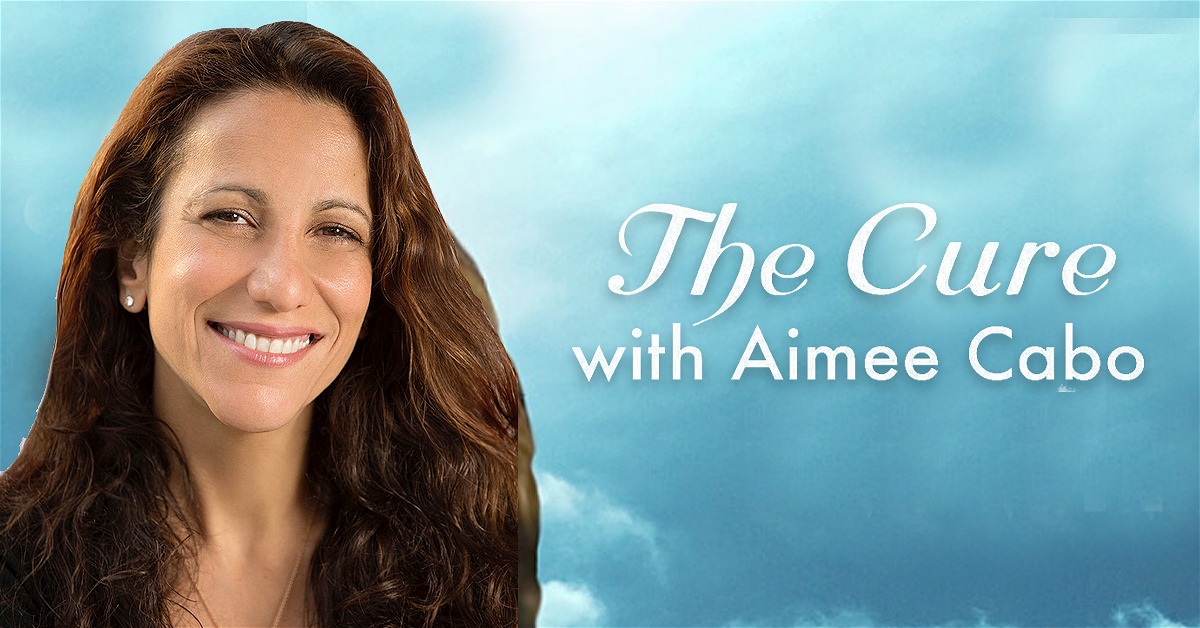Addiction recovery can be an individual journey marked by many trials and milestones, yet it's also an experience shared amongst a community.
Aimee Cabo conveys that community support in addiction rehabilitation can be genuinely transformative. From therapy-led groups to online communities, the human connection forged within these supportive networks provides hope and strength when fighting off addiction.
Support Groups
Support groups (also referred to as recovery support or mutual self-help groups) offer individuals in addiction treatment the chance to connect and share their experiences. Such groups encourage participants to be open and honest, creating relationships among members who genuinely care for one another - relationships that may help reduce feelings of isolation while providing strength during difficult times. Furthermore, addiction recovery support groups provide an environment in which participants can receive validation and understanding that can aid the healing process.
Support groups also allow individuals to learn from the successes and setbacks of other members in recovery, which can help identify potential triggers that lead to relapse in the future. Furthermore, support groups provide individuals with resources on how to navigate their recovery journey with ease - this includes tips on coping with relapse anxiety.
Aimee Cabo focuses on the fact that individuals in recovery have access to numerous recovery support group options, from gender- and substance-specific groups to religious-based gatherings and peer support networks. Professionals lead some support groups, while others can be self-directed - perhaps run by recovering people with an addiction themselves.
Furthermore, various support groups may adhere to theories and philosophies like 12-step programs, cognitive behavioral therapy, motivational enhancement, or spirituality; selecting one that aligns with your values can make participation much simpler and more comfortable.
Recovery Societies
Recovery societies provide information, nonclinical support, and assistance to people in recovery. Peer-led meetings may offer participants a platform for sharing experiences and mutual aid among participants; 12-step meetings or other programs may encourage participation while keeping individuals motivated; some have religious roots, while others may be secular.
Advocacy campaigns educate the public on addiction and recovery issues. By challenging misconceptions and stereotyping around these subjects, advocacy campaigns can reduce the stigma that hampers outcomes for those pursuing recovery. Furthermore, advocacy campaigns may be crucial in linking individuals with recovery support services like community-based organizations or churches that assist; speaking engagements give you another chance to share your story and connect with those experiencing similar experiences.
Aimee Cabo points out that recovery housing provides a safe and substance-free environment for people in recovery. These communities typically feature amenities like housing options with lower rents, communal meals, and activities like yoga or open mic nights - and according to one longitudinal study, these homes were found to help individuals maintain sobriety while improving overall well-being. Recovery communities offer housing and can help individuals find employment, build relationships, and explore interests while instilling self-efficacy and providing positive role models.
Family and Friends
Families and friends play an essential part in addiction recovery. Many treatment programs offer family education groups to educate loved ones on how to best support someone in recovery, handle challenges and conflicts within relationships, set boundaries accordingly, and offer encouragement and positive reinforcement rather than enable maladaptive coping patterns.
Families can participate in online recovery communities to share similar experiences and find comfort from one another. These virtual groups can make people feel less alone and may lead to new friendships; some communities even provide speakers, workshops, or resources that help motivate individuals toward sobriety.
Aimee Cabo clarifies that changed family-enabling behaviors can significantly aid addiction recovery for the individual in question. This may involve refraining from engaging in helping behavior and setting clear boundaries; additionally, family members should be ready to practice harm reduction as needed - for instance, carrying naloxone and using it if overdoses can save lives.
Addiction recovery can be a challenging journey for everyone involved, yet those without adequate support are at greater risk for relapse. Family and friends should provide emotional support during this difficult period, as addiction recovery requires a team effort.
Professional Help
Addiction treatment used to be focused solely on clinical approaches; now, professionals recognize the vital role that social support can play in creating an interdisciplinary approach to recovery. Aimee Cabo highlights that by including community-driven support alongside clinical treatment, participation rates increase while new support networks are formed - all improving outcomes for recovery. Addicts and alcoholics may resist seeking help from others, but without these human connections provided through community-driven support, they will likely continue their addictive behaviors.
First and foremost, a substance abuse counselor or doctor will seek to ascertain what kind of support an individual requires. They'll then want to ask about family, friends, and any previous experience with addiction to determine whether or not they can develop a meaningful therapeutic relationship with them.
Once an initial assessment has taken place, professionals may recommend various external support resources, including 12-step programs that offer extra accountability when recovering from addiction. They may also encourage participants to engage in group therapy - where they can share experiences and discuss problems with those going through similar challenges - while counseling techniques such as dialectical behavior therapy and eye movement desensitization and reprocessing (EMDR) may help build strength within an individual.





Comments